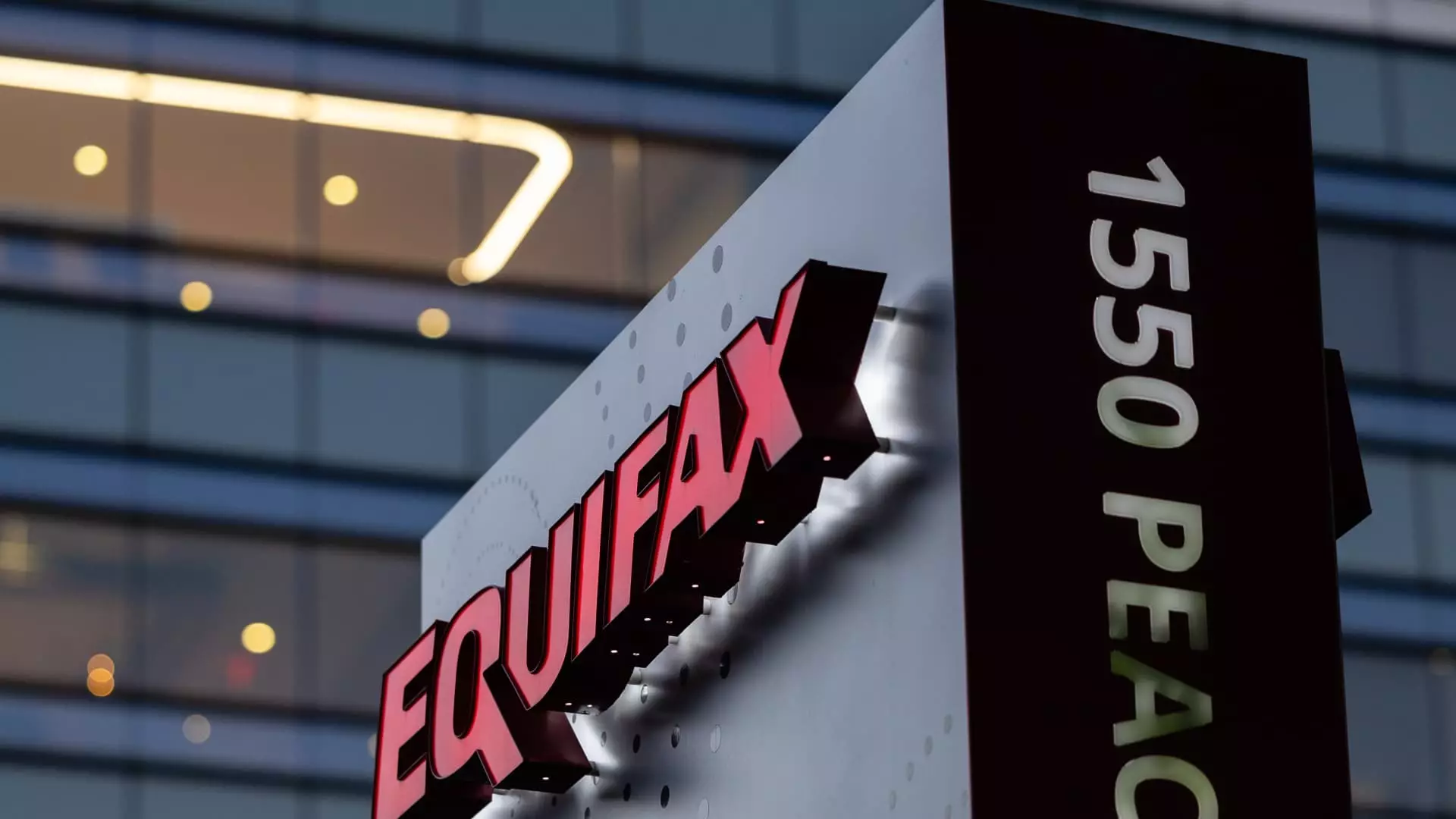In a significant move that highlights ongoing issues within the credit reporting industry, the Consumer Financial Protection Bureau (CFPB) has imposed a $15 million fine on Equifax. This decision stems from the agency’s finding that Equifax failed to adequately investigate disputed information on consumer credit reports. With Equifax being one of the three primary credit reporting agencies in the U.S.—alongside Experian and TransUnion—the ramifications of this ruling extend far beyond the monetary penalty, encompassing critical implications for consumer trust and financial security.
The CFPB’s order exposes a myriad of systematic failures within Equifax’s operations. The agency reported that Equifax neglected to properly address consumer documents submitted during disputes. Furthermore, the agency pointed out that inaccuracies previously removed from consumers’ credit files were reinserted without proper justification. This negligence contributed to sending confusing and contradictory letters to consumers about the outcomes of disputes, creating further frustration and distrust among consumers.
One of the most damning accusations involves the flawed software code utilized by Equifax, which led to erroneous credit scores. Credit reports serve as a crucial documentation of an individual’s financial history, influencing their ability to secure loans, employment, or even housing. Adam Rust, director of financial services at the Consumer Federation of America, articulated the severe consequences that inaccuracies can bring, stating that they could fundamentally alter various aspects of a consumer’s life.
Equifax reportedly manages around 765,000 consumer disputes each month, indicating the vast scale at which the company operates. The CFPB highlighted that the issues with Equifax’s dispute resolution policies and technology failures have persisted since at least October 2017, negatively impacting millions of consumers. This long-standing disregard for consumer rights not only results in financial setbacks for individuals but also raises broader concerns about the reliability of information held by credit agencies.
In response to the CFPB’s accusations and subsequent fine, Equifax expressed a desire to “turn the page” on the long-term investigation. The company has reportedly invested over $1.5 billion in enhancing its technology and infrastructure in recent years. Despite assurances that improvements have been made to its dispute procedures and consumer support, skepticism remains.
The financial industry is rife with complaints against credit bureaus, as outlined by Chi Chi Wu, a senior attorney at the National Consumer Law Center. According to Wu, the issues plaguing credit bureaus have persisted for decades, indicating a systemic problem that requires comprehensive reform rather than superficial fixes. In a similar vein, the CFPB had filed a lawsuit against Experian for allegedly conducting “sham” investigations of credit report errors, further spotlighting the need for accountability within the industry.
With the spotlight now on Equifax, consumers must recognize the importance of actively monitoring their credit reports. It is recommended that individuals check their credit reports at least once a year. The Federal Trade Commission advises consumers to review their credit histories prior to applying for financial products, such as loans or jobs, to ensure accuracy. Anomalies in identifiable information, such as Social Security numbers or account balances, should be promptly addressed to maintain financial health.
Importantly, consumers should understand the distinction between credit reports and credit scores. The latter is a numerical representation derived from information contained in credit reports. A sudden shift in a credit score can serve as an important warning signal.
For those who discover errors in their reports, the CFPB recommends submitting disputes in writing along with supporting documentation. Sending this information via postal mail, preferably with a return receipt, increases the chances of resolution. Furthermore, lodging complaints with the CFPB and state attorney general’s offices can facilitate further action. Consumers have the right to include explanations of disputes in their credit files, ensuring that their concerns are documented.
In cases where persistent attempts to rectify inaccuracies fail to yield results, consulting an attorney may be warranted. While not every mistake will justify litigation, financial harm resulting from a credit reporting error could warrant legal action, particularly if it leads to unfavorable loan terms or adverse outcomes.
The recent CFPB ruling against Equifax serves as both a warning and an opportunity for reform within the credit reporting landscape. Consumers must remain vigilant and proactive in protecting their financial information, while credit agencies must be held accountable for their practices. As the financial world continues to evolve, it becomes increasingly essential that both consumers and institutions work together towards a more transparent and reliable credit reporting system.

